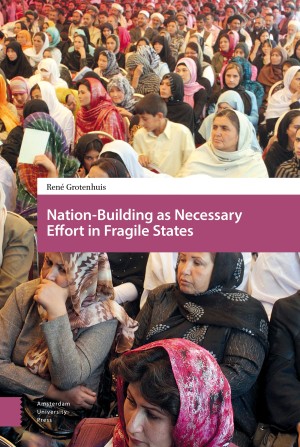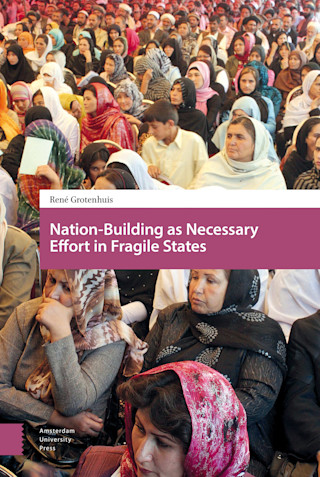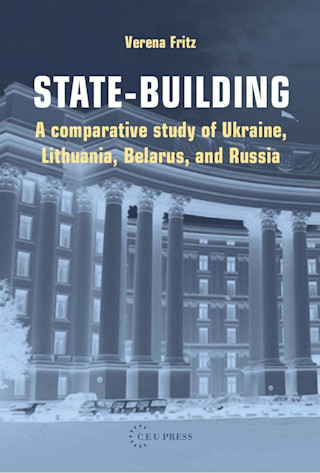Prologue: The urgency of reality.
1. Struggling in the world of Nation-States.
2. Nation and state
a. The defined state: the Montevideo Convention definition
b. The undefined nation
c. Nation and state intertwined
d. The making of the nation-state
e. The ideal of the nation-state
f. The nation state and the globalizing world
g. The changing map of the world
h. The nation-state as coveted object
i. The absence of the nation-state.
j. Nation without a state?
3. Fragility: a donor's concept but not far from reality.
a. The label of fragility
b. The International Dialogue for Peace-Building and State-Building
c. A materialist view on nationhood
4. Nation building and state building and the challenge of fragility
a. Nation building and state building in international political discourse
b. The intertwined nature of nation-building and state-building.
c. Why is nation building so crucial as a complementary effort in fragile contexts?
d. Nation-building in fragile states: history never repeats itself.
5. The Scylla and Charybdis of nation-building
a. The Scylla of nation-building: Identity as exclusion
b. The Charybdis of nation-building: silencing identity
c. Moderate Patriotism
6. Nation-building: identity and identification, process and content
a. The dangerous romanticism of homogeneous nation-states.
b. From identity to identification
c. Identification and fragility
d. The heterogeneity of fragile states
e. Nationhood and minorities
f. Nation-building as nation destroying
g. National identity as moving target
7. Nation-building: sovereignty and citizenship
a. The people as sovereign
b. Republican citizenship
c. Citizenship as solid base for diversity
d. Citizenship under pressure in globalizing world
8. Nationhood: multifaceted.
a. The difficult nationhood discourse: some caveats.
b. National Identity: civic, cultural, ethnic: the model of Shulman
c. Is the Shulman-Framework applicable for fragile nation-states?
d. A modified model for fragile nation-states
e. New features for national identity?
9. Nationhood: Civic, Religious, Cultural and ethnic identities
a. Nationhood and civic identity
b. Nationhood and religious identity
c. Nationhood and cultural identity
d. Nationhood and ethnic identity
e. From ascribed to open identity.
10. A program of Nation-building.
a. Content: National identity is layered
b. Process: Nation building is a learning process
c. Institutions: National building requires an institutional set-up.
d. Actors: nation-building is national
11. Complementarity: peace-building, nation-building, state-building
a. Peace-building
b. Nation-building and state-building: the harsh reality of power
12. Epilogue: The reality of urgency.





